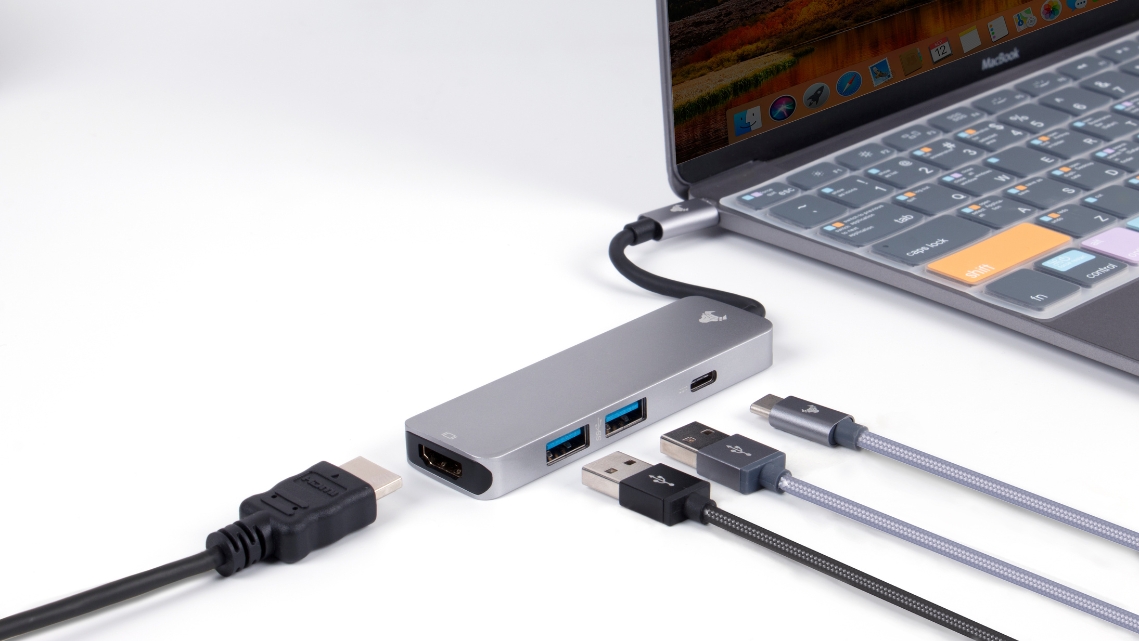importance of using a secure web browser
Using a secure web browser is of utmost importance to protect your online privacy, data, and overall digital security. A secure web browser helps safeguard you from various online threats and vulnerabilities. Here are several reasons highlighting the importance of using a secure web browser:
Protection against Malware and Phishing Attacks
- Secure web browsers often have built-in security features that can detect and block malicious websites, preventing malware and phishing attacks.
- They can alert you when you visit suspicious sites or encounter potential threats, reducing the risk of falling victim to scams and fraudulent activities.
Secure Socket Layer (SSL) Encryption
- Secure web browsers support SSL encryption, which ensures that the data exchanged between your browser and websites remains encrypted and protected from unauthorized access.
- This is crucial when handling sensitive information, such as login credentials, credit card details, and personal data.
Regular Security Updates
- Reputable web browsers receive regular security updates that address known vulnerabilities and strengthen their defenses against emerging threats.
- Keeping your browser up to date ensures that you have the latest security patches and protections against potential exploits.
Privacy and Tracking Protection
- Secure browsers often include features to protect your privacy and limit online tracking by advertisers and third-party websites.
- They may block cookies, disable tracking scripts, and offer private browsing modes to prevent the collection of your browsing habits and personal information.
Sandboxing and Isolation
- Some secure web browsers use sandboxing techniques to isolate individual tabs or processes from one another and from the rest of the system.
- This prevents malicious code from affecting the entire browser or gaining access to your system, enhancing security and stability.
Enhanced Password Management
- Secure web browsers offer password management tools, which can securely store and manage your login credentials.
- These tools often come with encryption and master password protection, reducing the risk of password theft and encouraging the use of strong, unique passwords for each website.
Anti-Tracking and Anti-Phishing Features
- Secure browsers may include anti-tracking and anti-phishing features that help identify and block suspicious content, links, or ads that could lead to potential security risks.
Protection against Browser Exploits
- Web browsers can be targeted by various exploits and vulnerabilities that hackers may use to gain unauthorized access to your computer.
- Secure web browsers are designed to withstand such attacks by implementing security measures and promptly fixing discovered vulnerabilities.
Secure Add-ons and Extensions
- If you use browser add-ons or extensions, secure browsers often enforce stricter security measures to ensure that these add-ons don’t compromise your privacy or security.
Improved Overall Online Safety
- Using a secure web browser significantly contributes to your overall online safety, providing peace of mind while browsing the internet, accessing sensitive information, or conducting transactions.
Conclusion:
Remember to choose a well-known and reputable web browser, and always keep it up to date. Additionally, practice good browsing habits, such as avoiding suspicious websites, being cautious with downloads, and not sharing sensitive information with untrusted sources. These combined efforts will enhance your online security and protect your digital identity and data.





